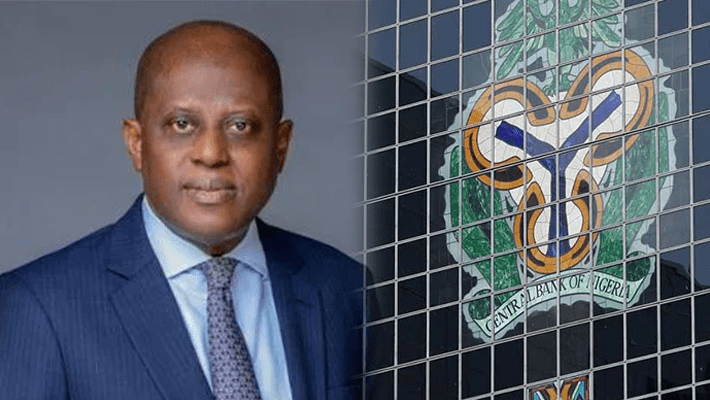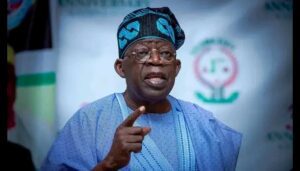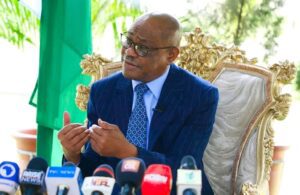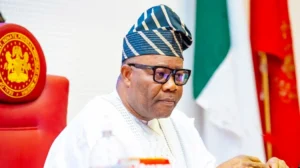Nigerians spent $40 billion on medical tourism, foreign education in 10years – CBN governor

Governor of the Central Bank of Nigeria (CBN), Olayemi Cardoso, has revealed that between 2010 and 2020, Nigerians spent about $40 billion on foreign education expenses and medical treatment abroad.
While foreign education expenses amounted to $28.65 billion, the CBN governor said medical treatment abroad incurred around $11.01 billion.
Cardoso who revealed this at the sectorial debate organised by the House of Representatives, Tuesday, said the amount surpasses the total current foreign exchange reserves of the apex bank.
The sectorial debate/dialogue is an initiative of the 10th House of Representatives as part of its periodic Policy Brief Series. In attendance also were Minister of Finance, Wale Edun, Minister of Budget and Planning, Atiku Bagudu and the Chairman of the Federal Inland Revenue (FIRS), Zacch Adedeji.
Cardoso while providing reasons for the nation’s volatile exchange rate, explained that the exchange rate in Nigeria has increased and depreciated due a decline in the supply of US Dollars coinciding with a surge in the demand for US Dollars.
READ ALSO: Sectoral Debates: CBN Gov Cardoso, Edun arrive House of Reps
Quoting recent data from UNESCO’s Institute of Statistics, Cardoso said number of Nigerian students abroad increased from less than 15,000 in 1998 to over 71,000 in 2015. According to him, by 2018, the figure had reached 96,702 students.
“Given this data, it’s crucial to highlight that between 2010 and 2020, foreign education expenses amounted to a substantial US$28.65 billion, as per the CBN’s publicly available Balance of Payments Statistics”, he stated.
Cardoso added: “Similarly, medical treatment abroad has incurred around US$11.01 billion in costs during the same period. Consequently, over the past decade, foreign exchange demand for education and healthcare has totaled nearly US$40 billion. Notably, this amount surpasses the total current foreign exchange reserves of the CBN. Mitigating a significant portion of this demand could have resulted in a considerably stronger Naira today.
“Personal Travel Allowances have accounted for a total of US$58.7 billion during the same period. Notably, between January and September 2019, the CBN disbursed US$9.01 billion to Nigerians for personal foreign travel.
“Continuing on the topic of the demand for US Dollars, Nigeria’s annual imports, which require dollars for payment, amounted to US$16.65 billion in 1980. By 2014, the annual import expenditure had significantly surged to US$67.05 billion, although it gradually decreased to US$54.71 billion as of last year. Similarly, food imports escalated from US$2.63 billion in 1980 to US$14.84 billion in 2019.
According to Cardoso, given the substantial demand for education, healthcare, professional services, personal travel, and similar needs, the exchange rate is bound to face ongoing pressure.
The CBN governor who said the country is at a turning point, observed that the bold reforms underway across different segments of the economy, though initially challenging, are aimed at addressing these challenges sustainably.
He expressed confidence that positive outcomes are already emerging and will become more apparent in the near future.
He added while inflation pressures may persist, albeit temporarily, they are expected to moderate significantly by Q4 2024, noting that exchange rate pressures are also expected to reduce with the smooth functioning of the foreign exchange market.
He said to bolster the inflow of US Dollars into the country, the economy must earn these dollars through exports, whether oil or non-oil, or by attracting foreign investments




